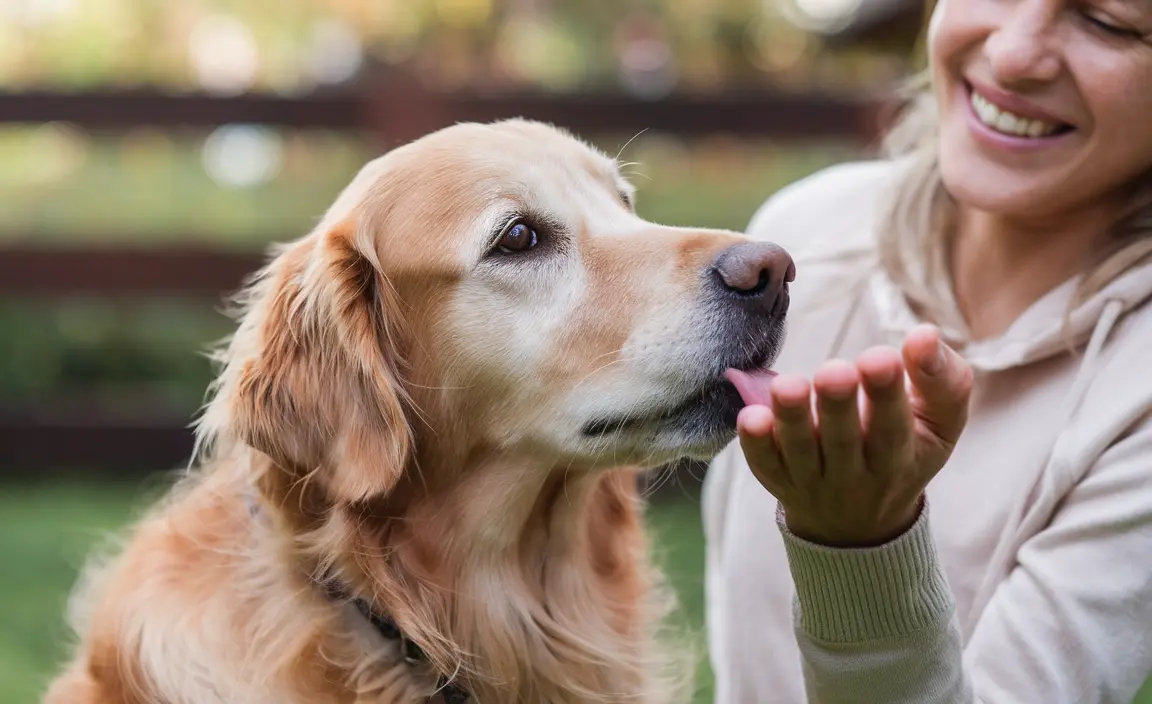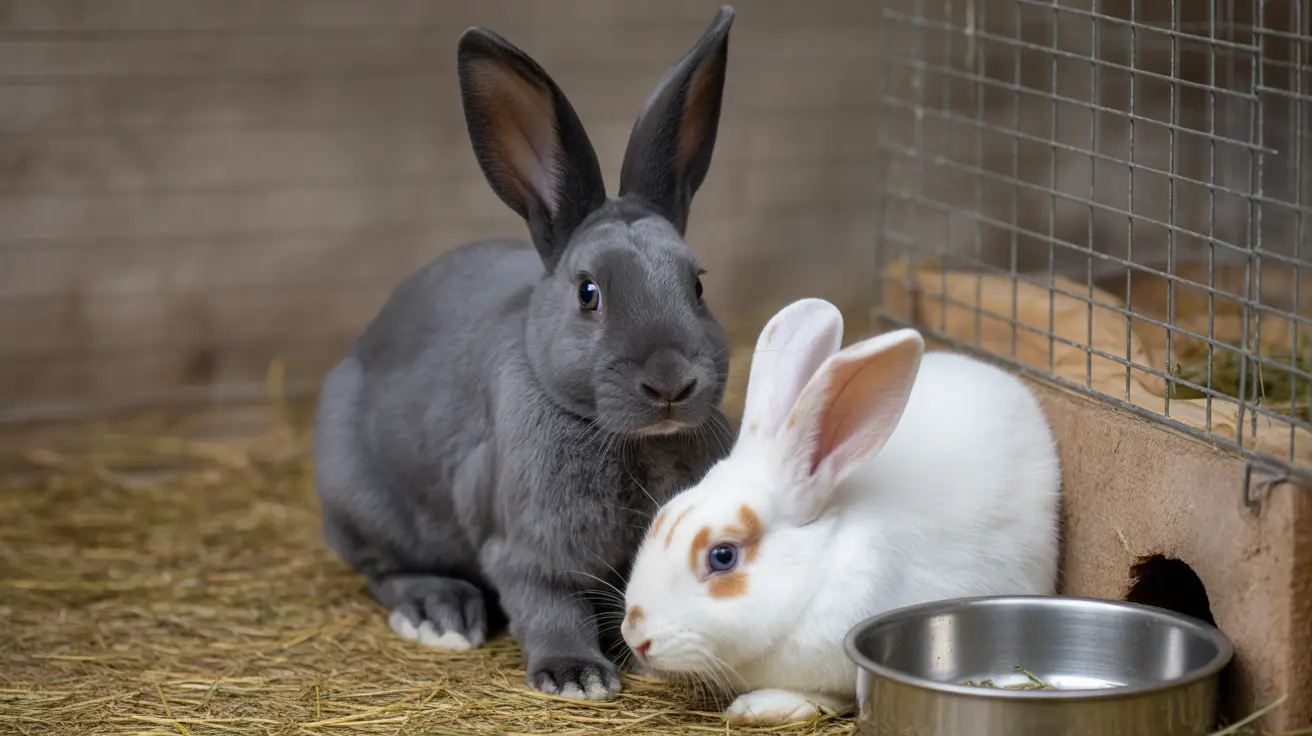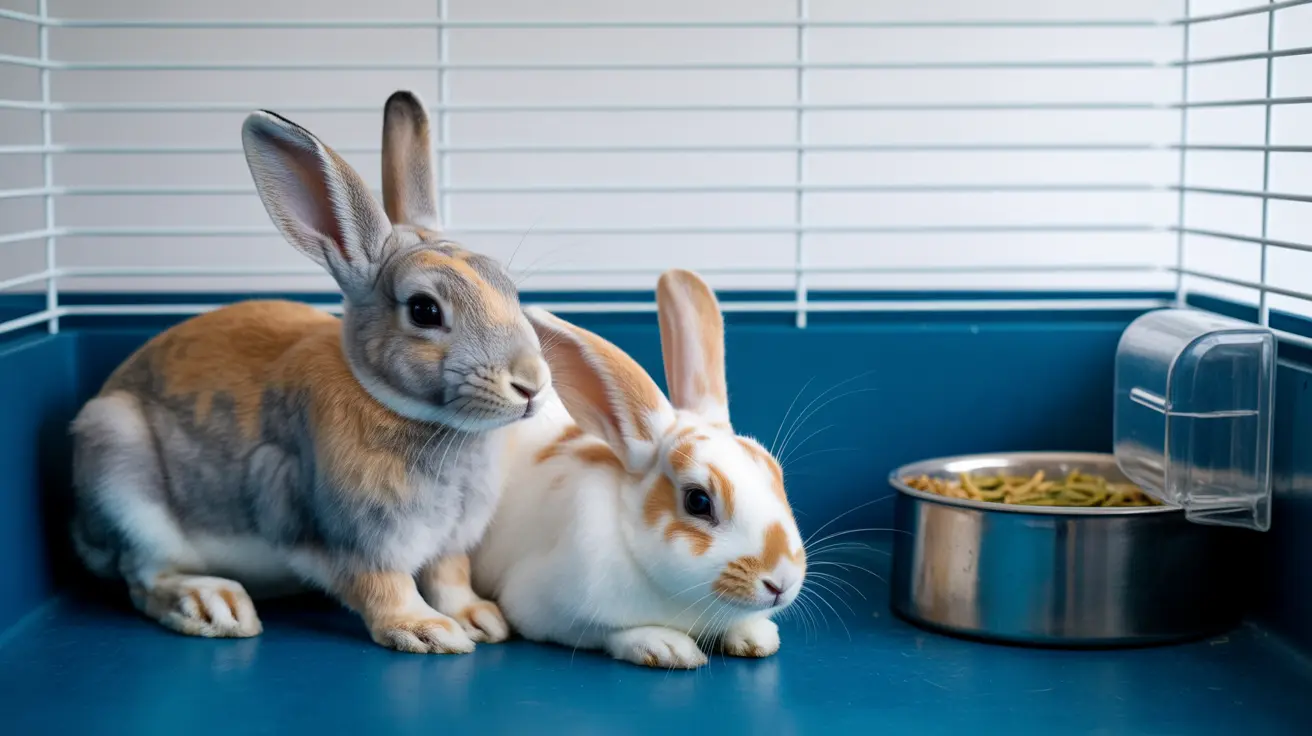Dog owners often find themselves puzzled by their furry friend's persistent licking behavior. While occasional licks can be a sign of affection, excessive licking might indicate underlying issues that deserve attention. Whether your dog is showering you with slobbery kisses or seemingly obsessed with licking your hands, arms, or legs, there's usually a reason behind this behavior.
Understanding why your dog won't stop licking you is crucial for both your pet's health and your comfort. From medical concerns to emotional expressions, this comprehensive guide will help you decode your dog's licking habits and determine when it's time to seek professional advice.
The Many Reasons Why Dogs Lick So Much
Why Dogs Lick: A Natural Canine Communication
Dogs use licking as a primary form of communication and interaction. It's deeply rooted in their evolutionary behaviors, stemming from puppyhood when they would lick their mother to show submission or request food. In adult dogs, licking can serve multiple purposes:
- Showing affection and bonding
- Exploring their environment
- Seeking attention
- Displaying submissive behavior
- Responding to stress or anxiety
Medical Reasons Behind Excessive Licking
Sometimes, your dog's constant licking isn't just a behavioral quirk. Several medical conditions can trigger this behavior:
- Allergies causing skin irritation
- Parasitic infections
- Gastrointestinal discomfort
- Pain or underlying health issues
- Hormonal imbalances
Psychological Triggers for Compulsive Licking
Emotional and psychological factors play a significant role in why dogs might become obsessed with licking. Anxiety, boredom, and stress can manifest through repetitive licking behaviors. Dogs often use this as a self-soothing mechanism when they feel overwhelmed or understimulated.
Signs Your Dog's Licking Might Be Problematic
When Licking Becomes More Than Affection
Not all licking is harmless. Watch for these warning signs that might indicate a more serious issue:
- Persistent licking in one specific area
- Skin irritation or hair loss
- Changes in skin color or texture
- Visible discomfort during licking
- Interruption of normal daily activities
Managing Excessive Dog Licking
Professional Strategies to Address Licking Behavior
If your dog's licking becomes excessive, consider these professional recommendations:
- Consult a veterinarian to rule out medical issues
- Implement behavioral modification techniques
- Provide mental and physical stimulation
- Use positive reinforcement training
- Address potential anxiety or stress triggers
Frequently Asked Questions
Why is my dog licking me so much all of a sudden?
Sudden changes in licking behavior can result from recent environmental changes, stress, medical issues, or new physical discomfort. A veterinary check-up can help identify the root cause.
Could my dog's excessive licking be a sign of a medical problem?
Yes, excessive licking can indicate various medical conditions, including allergies, skin infections, gastrointestinal issues, or pain. Always consult a veterinarian if the behavior seems unusual or persistent.
How can I tell if my dog's licking is due to anxiety or boredom?
Anxiety-driven licking often occurs during stressful situations, while boredom-related licking might happen when the dog lacks mental or physical stimulation. Observe the context and frequency of licking to distinguish between the two.
When should I take my dog to the vet for excessive licking?
Consider a veterinary visit if the licking is accompanied by skin changes, hair loss, visible discomfort, or sudden behavioral shifts. Persistent licking that doesn't respond to environmental modifications also warrants professional evaluation.
What are effective ways to stop my dog from constantly licking me?
Redirect your dog's attention with toys, provide adequate exercise, use positive reinforcement training, address potential anxiety, and ensure your dog receives sufficient mental stimulation.






